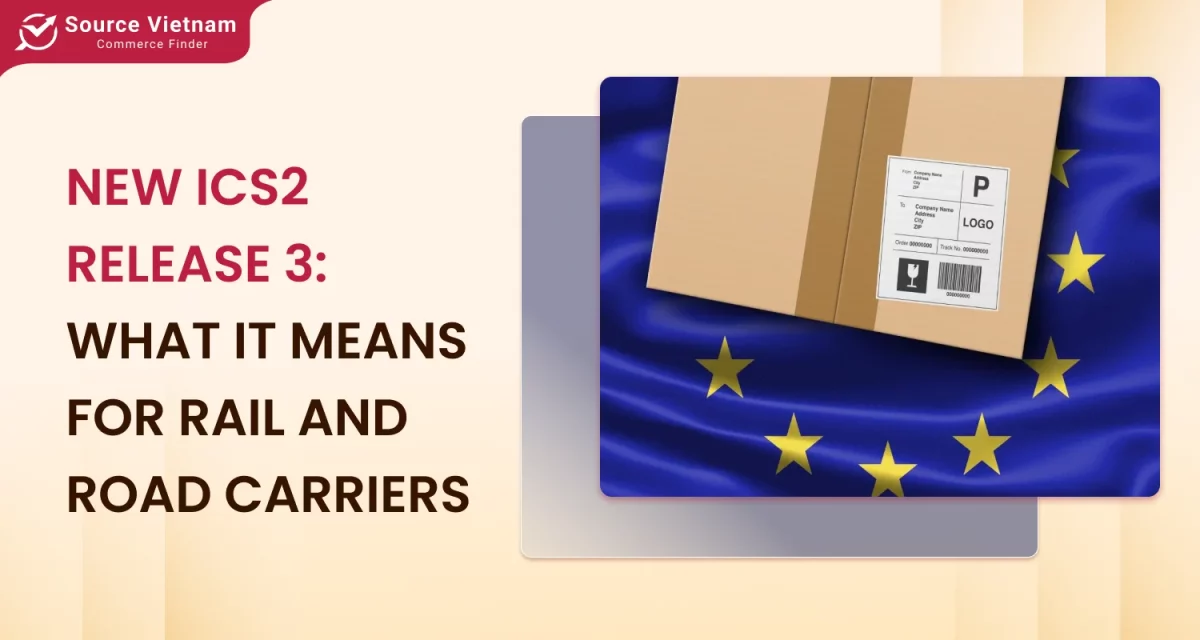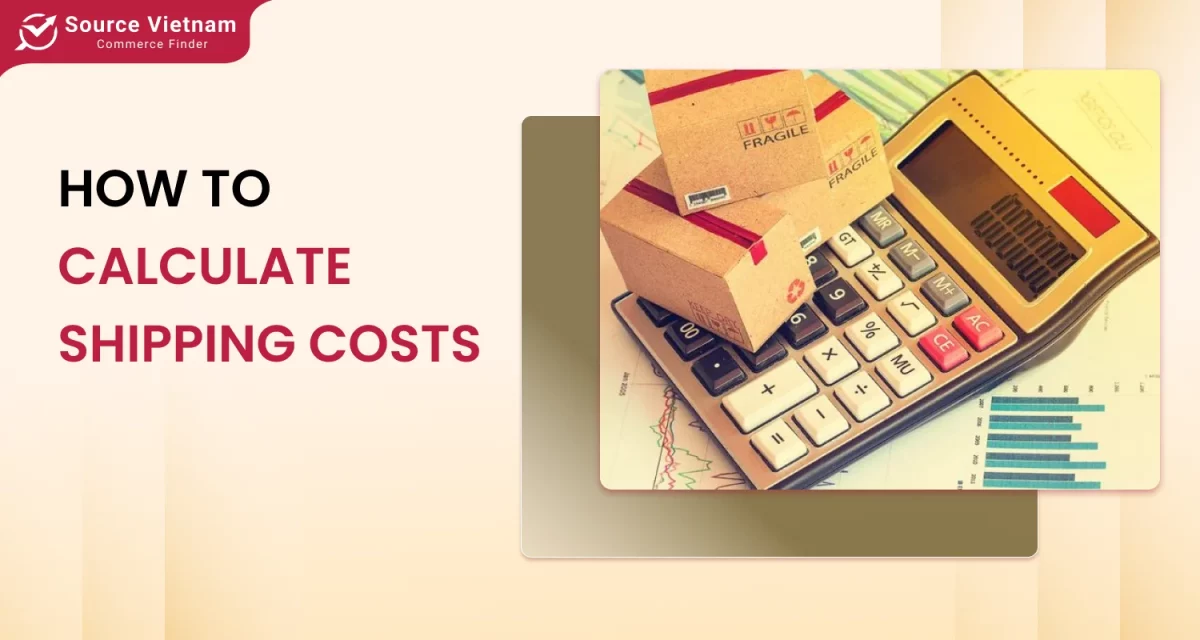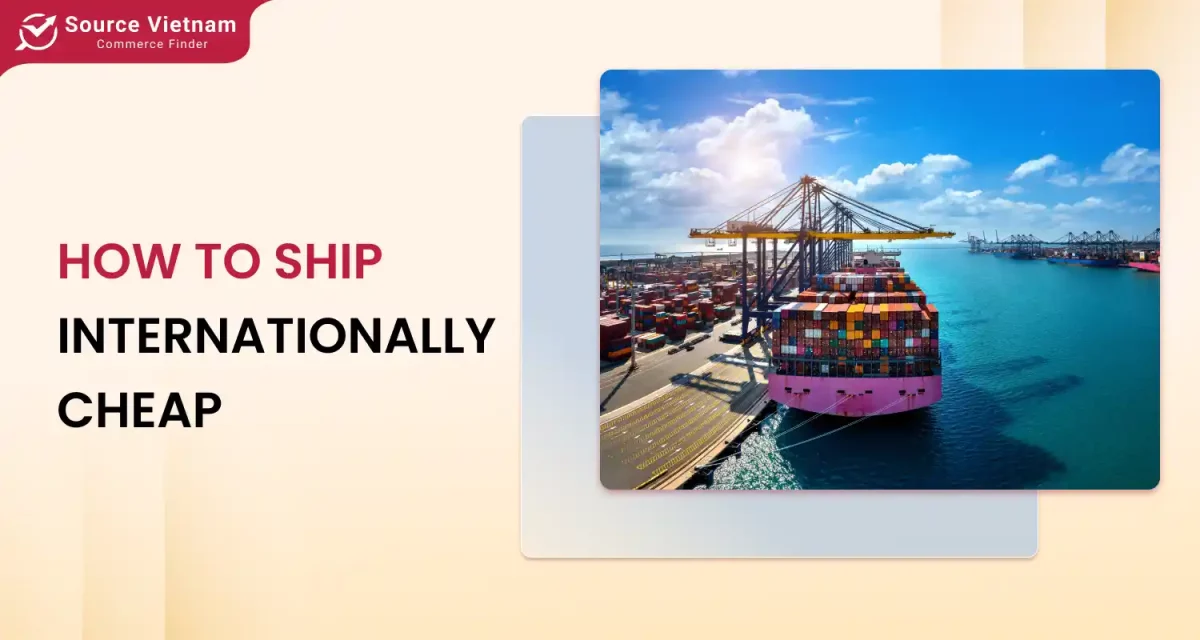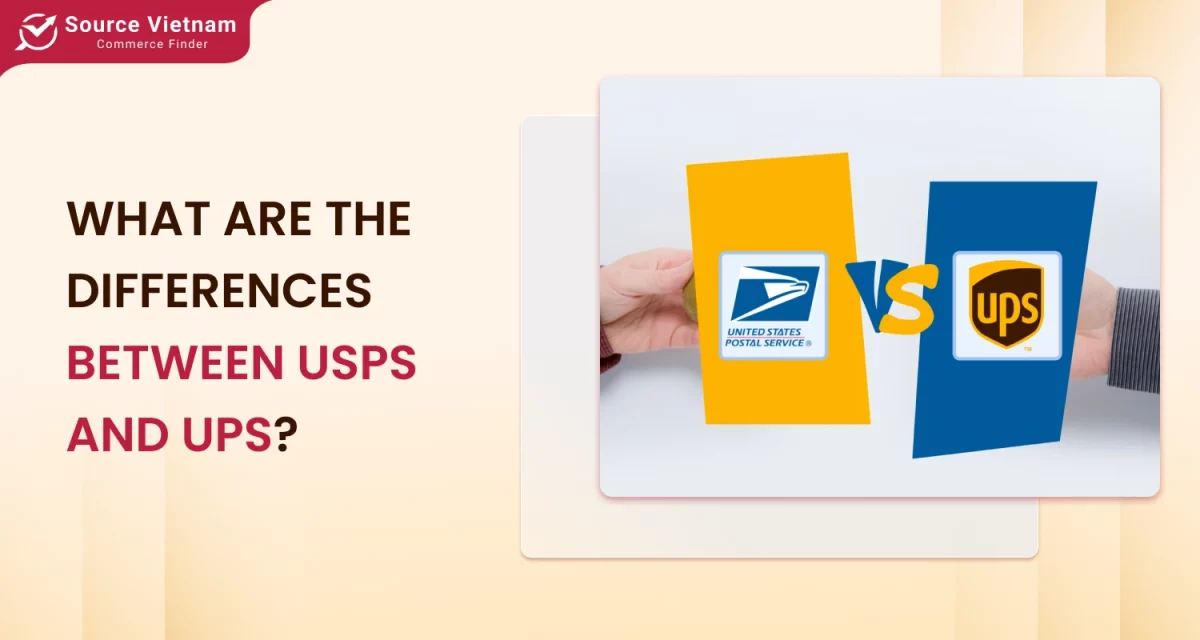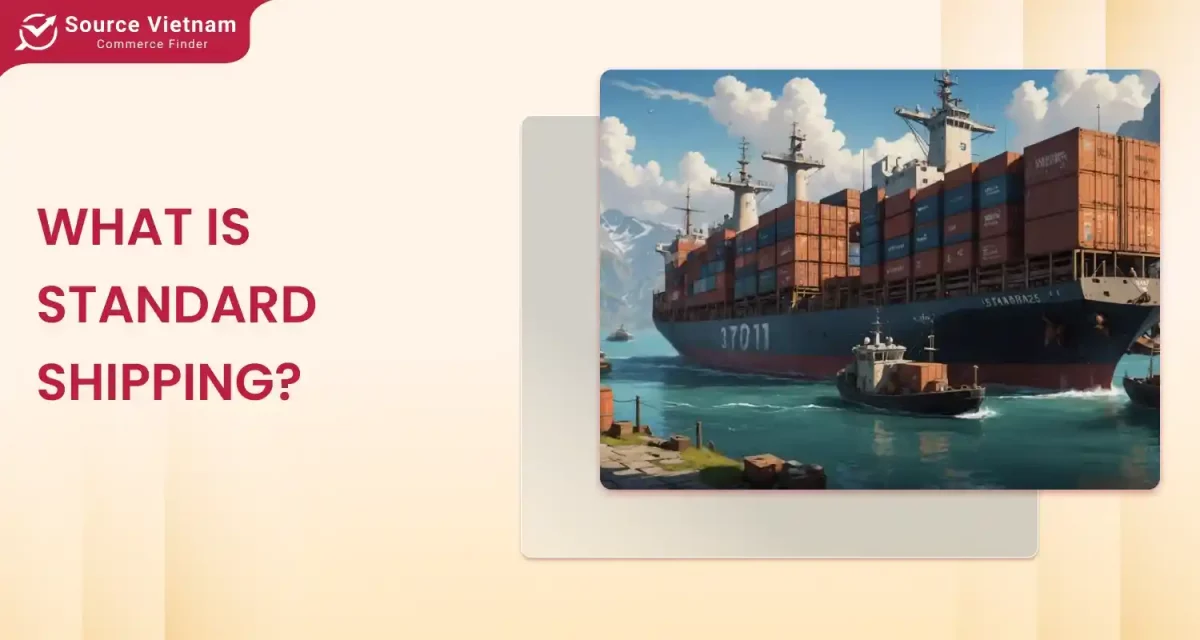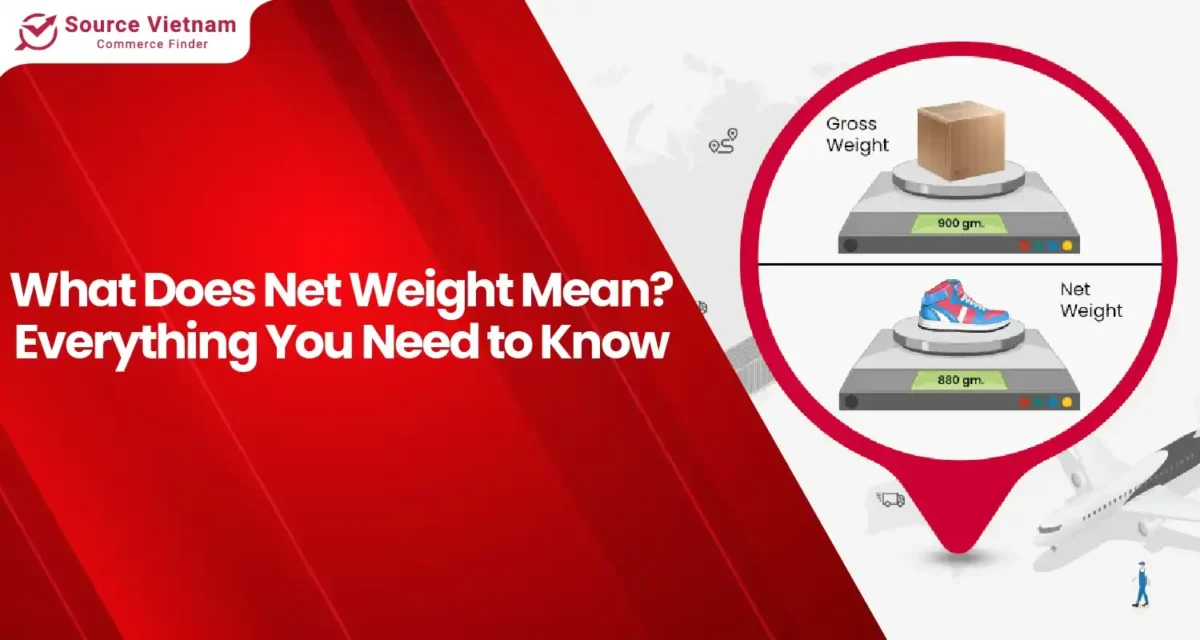FOB (Free on Board) defines where the seller’s responsibility ends and the buyer’s begins, significantly influencing risk and cost allocation in international trade. Understanding the differences between FOB Shipping Point and FOB Destination helps businesses choose terms that align with their logistics strategy and risk tolerance.
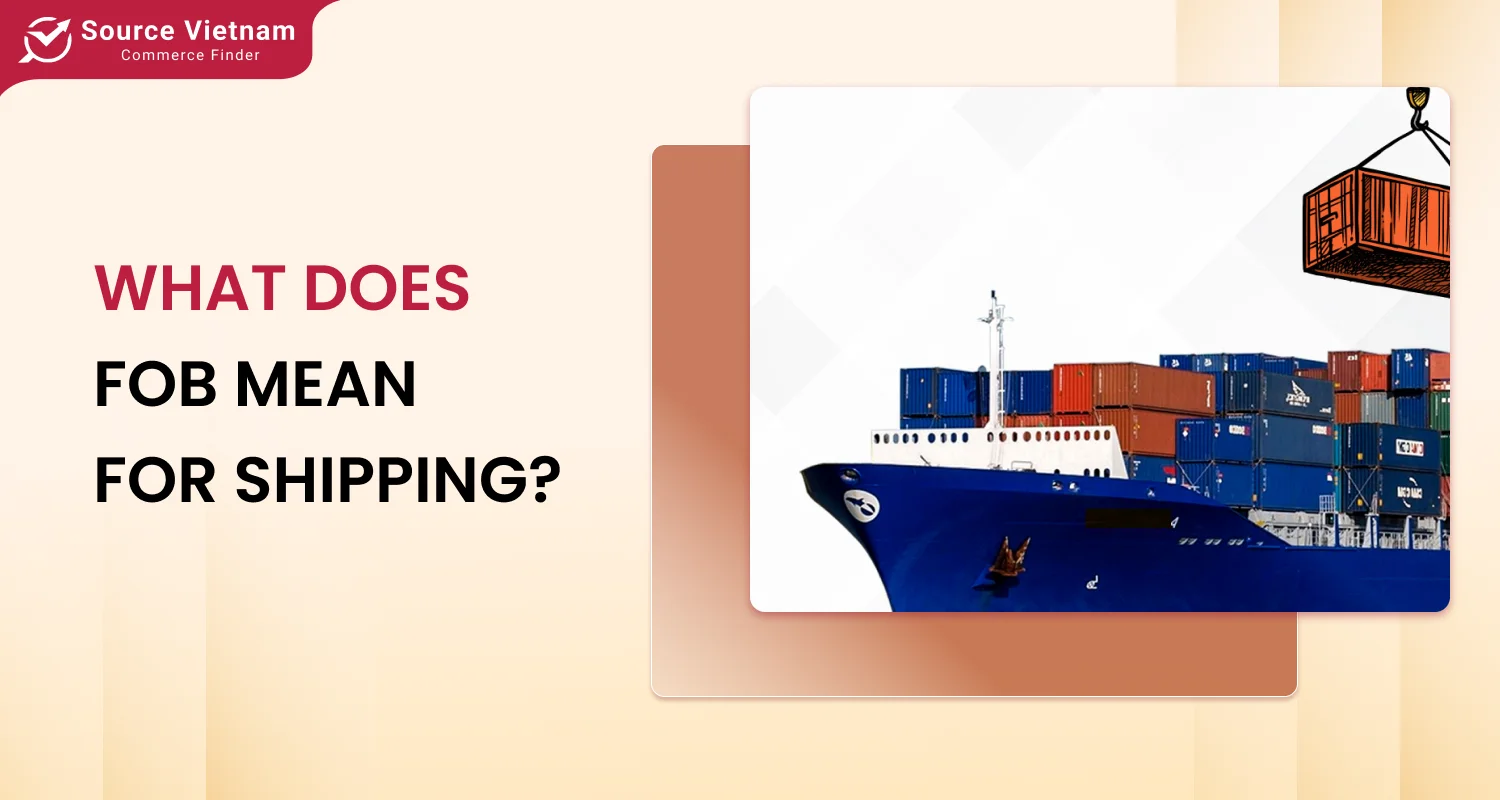
International trade is fundamental to international commerce but not without complications— particularly regarding shipping. One of the most important relations to grasp is FOB shipping, an abbreviation for “free on board.” This article will ensure an understanding of what does fob means for shipping, its definition, types, and implications so that you can easily conduct international business.
What does FOB mean for shipping?
The term FOB (free on board) is widely adopted in import/export goods and designates the location at which the risk responsibility of the seller ceases. The risk responsibility of the purchaser commences. For those wondering what FOB means for shipping, it is an important term by the International Chamber of Commerce (ICC), known as the Incoterms, which specified the most universally accepted set of international trade policies. Between them, FOB shipping is also one of the most regularly used in shipping and trade.
Under the FOB arrangement, the seller is liable for the cost of freight and insurance because these are not included in the terms and conditions of the agreement. Once exported, all costs, including umbilical expenses, come onto the purchaser, regardless of the returned pose.
FOB shipping point
Under FOB shipping point terms, the seller is only liable to load the goods on board the vessel, and once they are on board the vessel, their responsibility no longer continues. FOB shipping point means the carrier is completely responsible for the shipment. The buyer will bear all the risks and costs related to the movement of the goods after this stage.
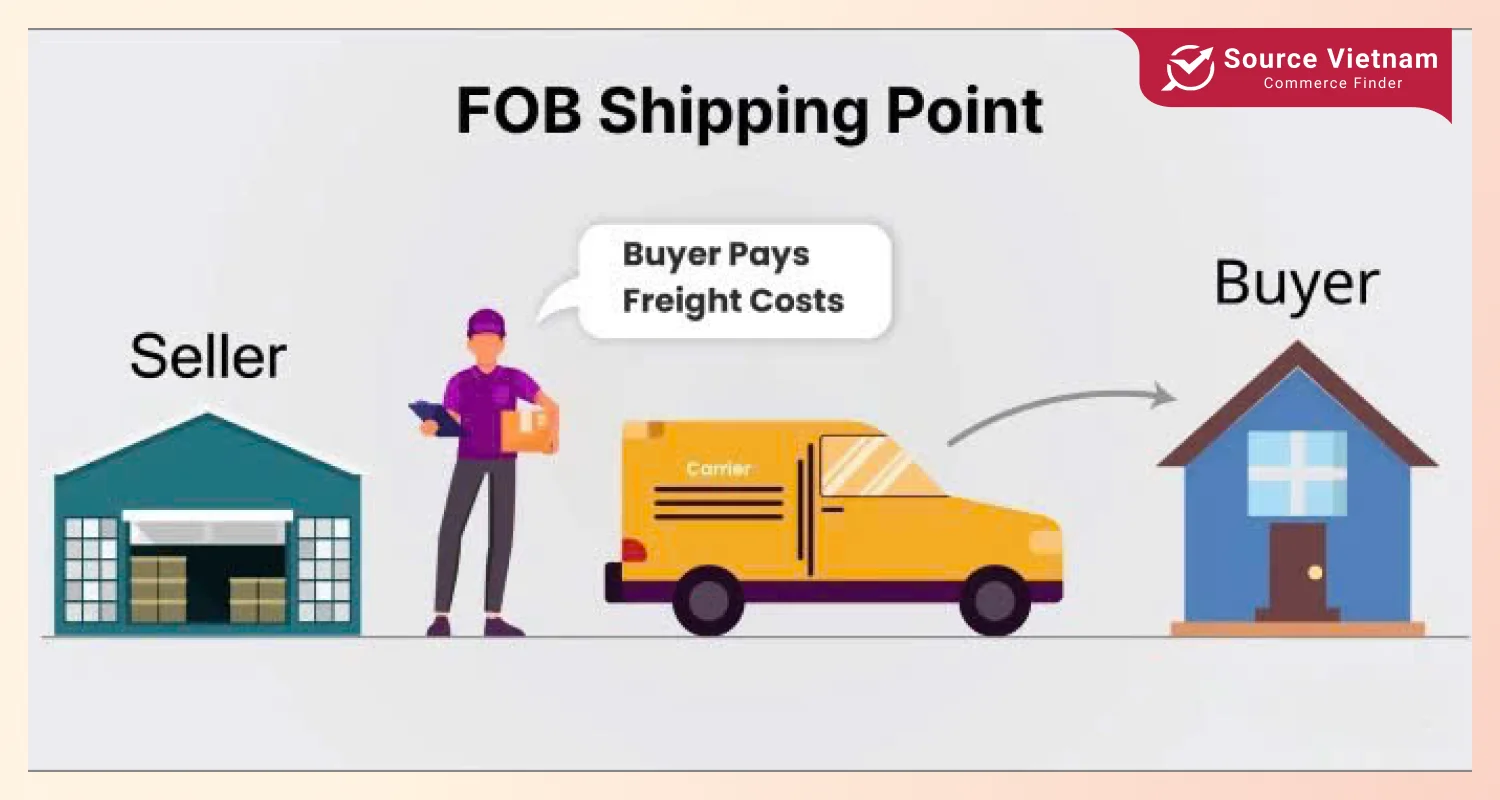
Buyer’s responsibilities
After the goods are sealed, the buyer takes over the obligations of:
- Expenses incurred for transportation from the shipping origin to the unloading destination.
- Marine coverage for risks incurred during the movement of the goods.
- Risk arising from non-receipt of goods due to shipping loss or received damaged after shipping.
For example, let’s assume that a United States Company is buying electronic equipment from a vendor in Vietnam under FOB shipping point terms. The vendor’s liability ceases once the goods are on board at the Ho Chi Minh City port. From there, the American buyer takes care of all subsequent shipping expenses and risks for the merchandise while still in motion.
FOB shipping point has become an excellent choice for companies wishing to assume greater control over the shipping process. At the same time, choosing this term requires the buyer to be ready to bear greater risk and responsibility.
Read more: What Is Wholesale Shipping and How It Works?
FOB destination
When exploring what FOB means in shipping, it’s also essential to understand FOB destination. In a FOB destination arrangement, the seller is liable for the goods until they arrive at the designated location provided by the buyer. This term transfers many dispatch responsibilities to the seller rather than the buyer.
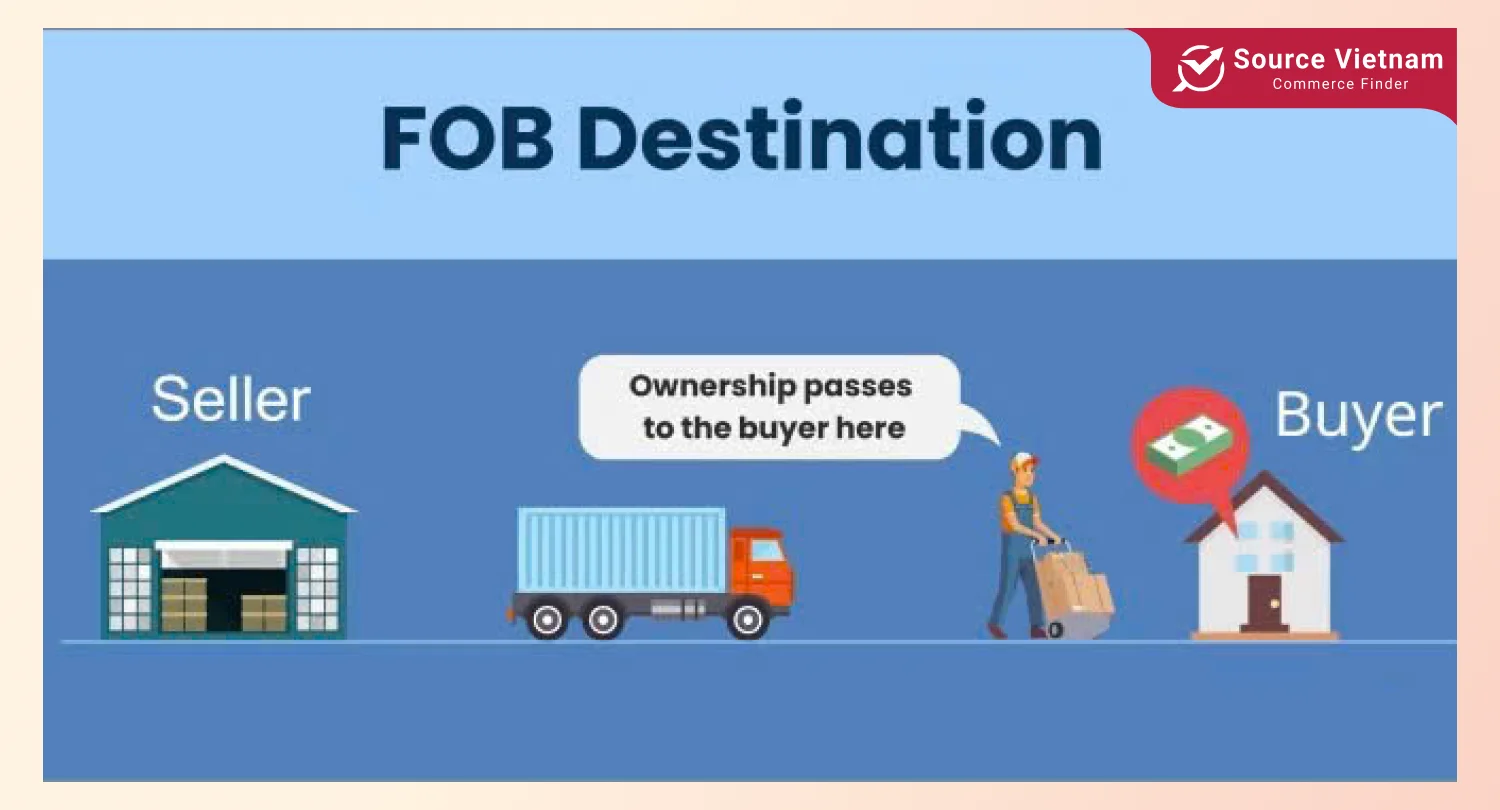
Seller’s Responsibilities
When it comes to FOB destination, the seller takes care of:
- Purchasing freight with the intent of reaching the buyer.
- Shipping the goods and taking out an insurance policy for the entire shipping duration.
- Taking over the liability of destruction or loss of goods until their delivery.
Imagine a company based in the USA that imports products from its Vietnamese suppliers on FOB destination terms. In this case, the Vietnamese supplier has all the responsibilities to take care of logistics. Each of the risks is also a concern of the supplier until the goods arrive at the buyer’s warehouse in the USA.
FOB destination is mostly used by buyers who are not used to dealing with logistics. It is comfortable in the sense that the seller, on behalf of the buyer, handles almost all shipping activities.
Read more: What Does POD Stand For? Key Meanings You Should Know
FOB shipping point vs. FOB destination
Knowing how an FOB shipping point differs from an FOB destination is important. Each term has its advantages and challenges that may impact a business’s shipping policy.
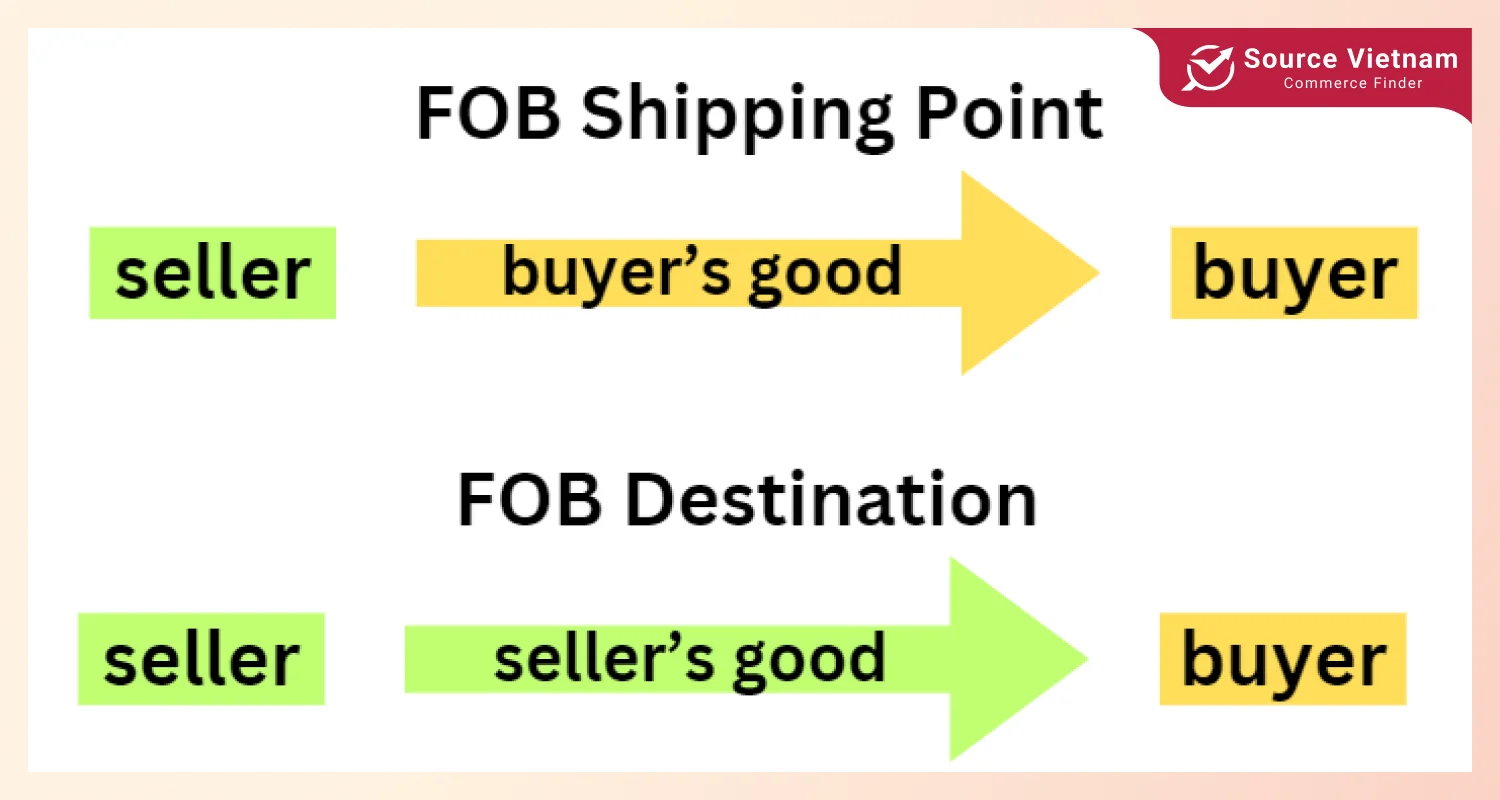
| Aspect | FOB shipping point | FOB destination |
| Cost | Buyer bears transportation costs after loading. | Seller absorbs transportation costs to delivery. |
| Control | The buyer controls the shipping process. | The seller manages the shipping process. |
| Risk tolerance | Buyer assumes risk once goods are loaded. | The seller bears the risk until delivery. |
| Logistical expertise | Best for experienced buyers. | Ideal for inexperienced buyers. |
| Import regulations | Buyer ensures compliance. | The seller may assist with compliance. |
These terms depend on your requirements, the risks you are willing to take, and your business logic. Would you be willing to buy the first time or everyone for the first time? Knowing these differences will be of great assistance to you.
Variations of FOB
Apart from standard FOB terms, several modifications are developed according to specific trade agreements. These variations can drastically impact freight charges and obligations, making it crucial to fully understand what FOB means for shipping in each context.
FOB freight prepaid
FOB freight prepaid applies where a buyer would like the seller to handle first stage shipment logistics and take charge of the goods at a much earlier stage. Knowing what FOB means in freight is important because it divides the seller’s and buyer’s responsibility.
FOB freight allowed
The buyer receives the title of the goods in FOB freight allowed, but the risk is also transferred to them at the shipping point, as they deduct the freight charges from the cost. This arrangement requires well-defined communication between both parties to avoid any misunderstandings about cost-sharing. This arrangement highlights the necessity of knowing what FOB means in business since this ensures that both entities understand the agreement of contribution to costs.
FOB delivered
FOB delivered is an incoterm where the seller is liable for the goods until they are received by the buyer. What does FOB delivered mean? It means that the seller has to pay for any costs related to the goods or shipment until the goods are delivered to the desired location or address. The buyer is liable for any risks only after the delivery has been made in this scenario, which makes everything easier for both parties.
Read more: What Does Net Weight Mean? Different between net weight and gross weight?
Common misconceptions about FOB
About Free Board shipping, several misunderstandings may prove to be problematic. It is essential to dispel these myths and clearly understand what FOB means for shipping.
FOB = freight on board
Many people think FOB meaning in shipping is “freight on board”. In reality, it means “free on board”, which is the point from which the buyer is responsible.
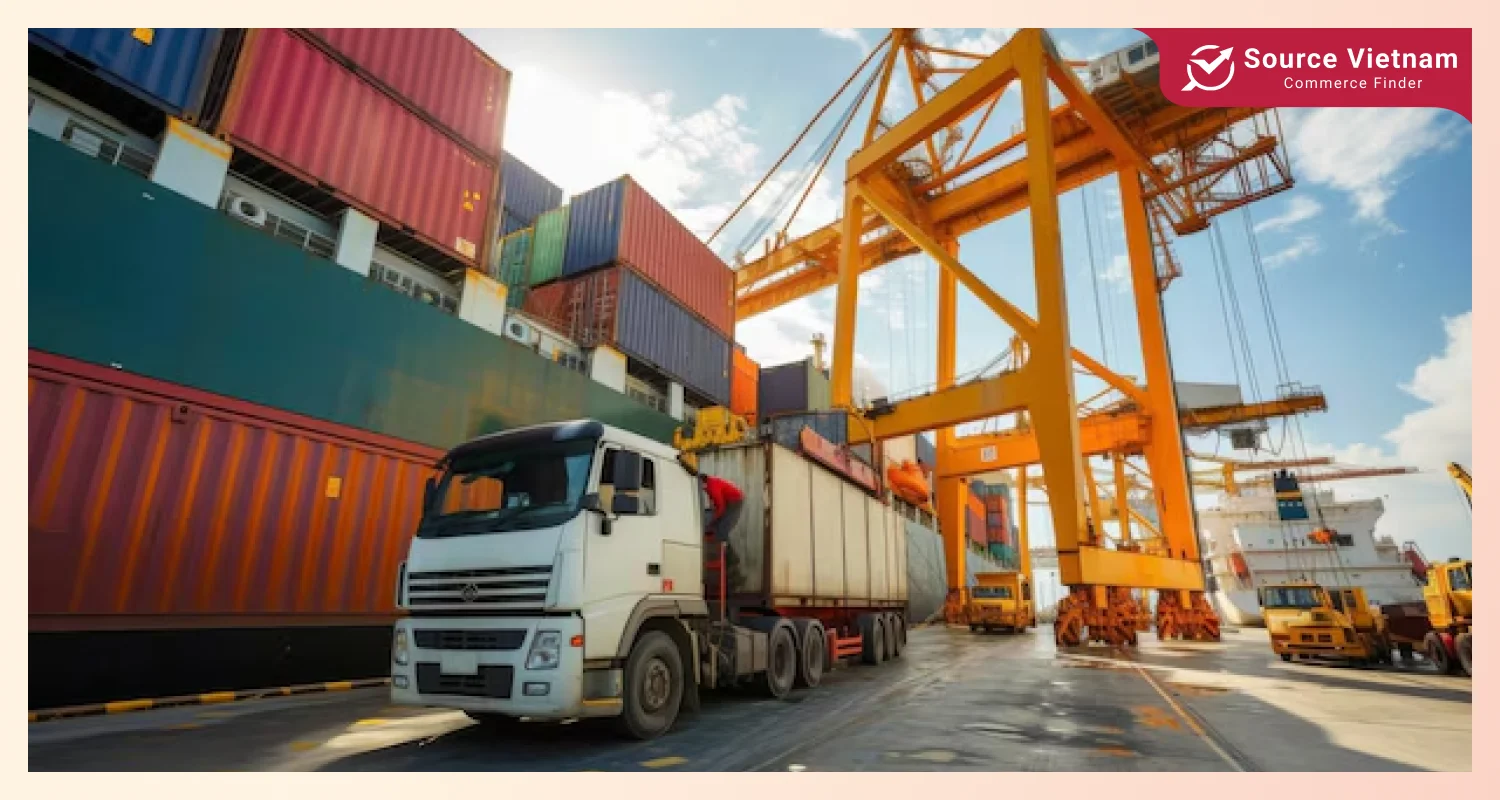
FOB covers all shipping costs
FOB doesn’t necessarily include all shipping expenses relating to the shipment of goods. It indicates the ownership transfer at which the risk and responsibility start shifting from one party to another. However, other costs, for instance, customs clearance or payment of duties, may be added to them at the negotiation stages.
FOB is the same everywhere
FOB terms are subject to considerable variation depending on the specific contract concluded between the buyer and the seller. Therefore, to prevent disputes, it is important to require that parties to agreements state either the FOB shipping point or the FOB destination.
Clearing these misunderstandings helps you to steer clear of needless problems. If you have good knowledge of FOB, it mitigates possible risks and makes transactions easier.
Practical implications of FOB
A clear understanding of the FOB terms is critical to your shipping methods and business. Regardless of where you stand in the transaction, you need to know what theorie for practical purposes entails.
Cost implications
In the case of the FOB shipping point, a number of costs regarding transportation, insurance, and import duties are enhanced with the buyer. On the other hand, in the case of FOB destination, the responsibility to bear most of these costs is with the seller, which in turn may increase the unit cost of the goods. Understanding what does fob means when shipping something is essential for budgeting accurately.
Risk management
FOB terms are where the responsibility of the seller and the buyer starts and ends. Rather appropriately selecting an FOB term helps a business’s risk appetite to align with its shipping strategy. Failing to understand what FOB means on an invoice would expose businesses to unforeseen risks they wish to avoid.
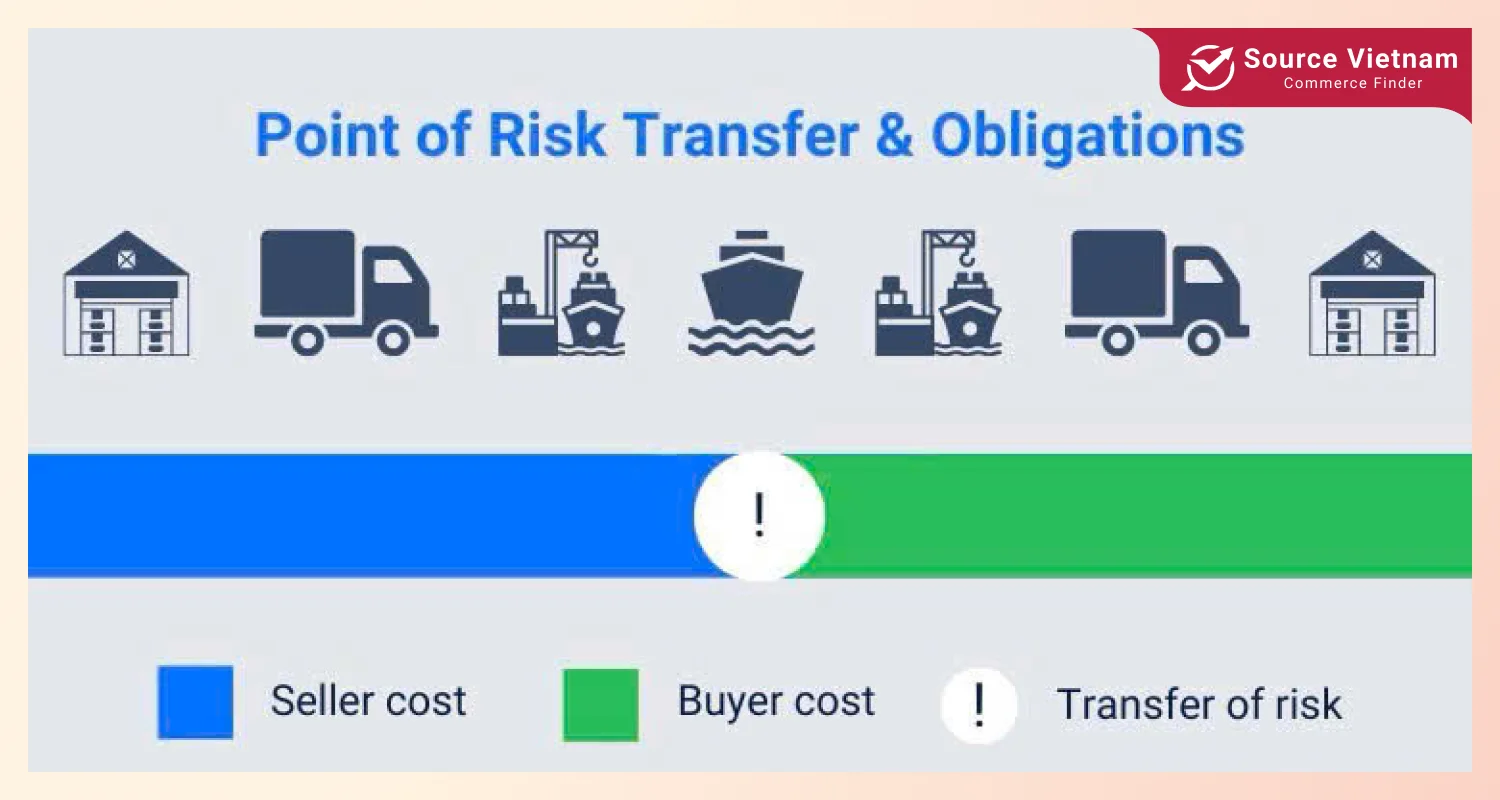
Contractual agreements
It is pivotal to clearly state the FOB terms in the contracts to reduce disagreements. By accurately recording facts, both parties know their duties, and the likelihood of engaging in legal squabbles is minimized. This is particularly relevant for determining what FOB means for pricing and avoiding confusion about cost-sharing.
Conclusion
FOB terms such as FOB shipping point and FOB destination are important in international commerce as they delineate the point of risk assumption and transfer. They enhance clarity in agreements and allow proper planning for buyers and sellers. Whether you are a beginner in trade or a frequent trader, simply understanding what does FOB mean for shipping enables you to ship more efficiently.
For more information regarding international trading, visit SourceVietnam.com. Utilize reputable information and dependable suppliers to boost your business.
FAQs
What does FOB stand for in shipping?
FOB stands for “Free on board,”. This term is frequently used in international contracts for the sale of goods since it determines the point at which a seller of goods being transported transfers ownership along with the risk to the buyer.
What is the difference between the FOB shipping point and the FOB destination?
FOB shipping point signifies that the buyer takes charge of the goods as they are shipped from the seller’s premises. FOB destination means that the seller is responsible for shipping the goods right up until they are delivered to the buyer’s specified address.
Who pays for shipping under the FOB shipping point?
Under the FOB shipping point, the client has to pay for everything surrounding the shipment at their end, including freight, insurance, and further expenses.
When does the risk transfer under FOB destination?
Under FOB destination, the risk only transitions to the buyer once the goods are delivered to the specific address.
How do FOB terms affect risk and liability during transit?
FOB terms specify the parties who shoulder shipping risk in an export-import order. FOB shipping point indicates that the buyer’s party is allocated the risk; on the other hand, the seller’s party takes the risk on FOB destination indication.
Can FOB terms be negotiated in shipping contracts?
Yes, the buyer and the seller can negotiate FOB terms as they see fit. They may agree on the terms of the contract to suit them, for example, who is responsible for the cost of transportation or the cost of insurance.

